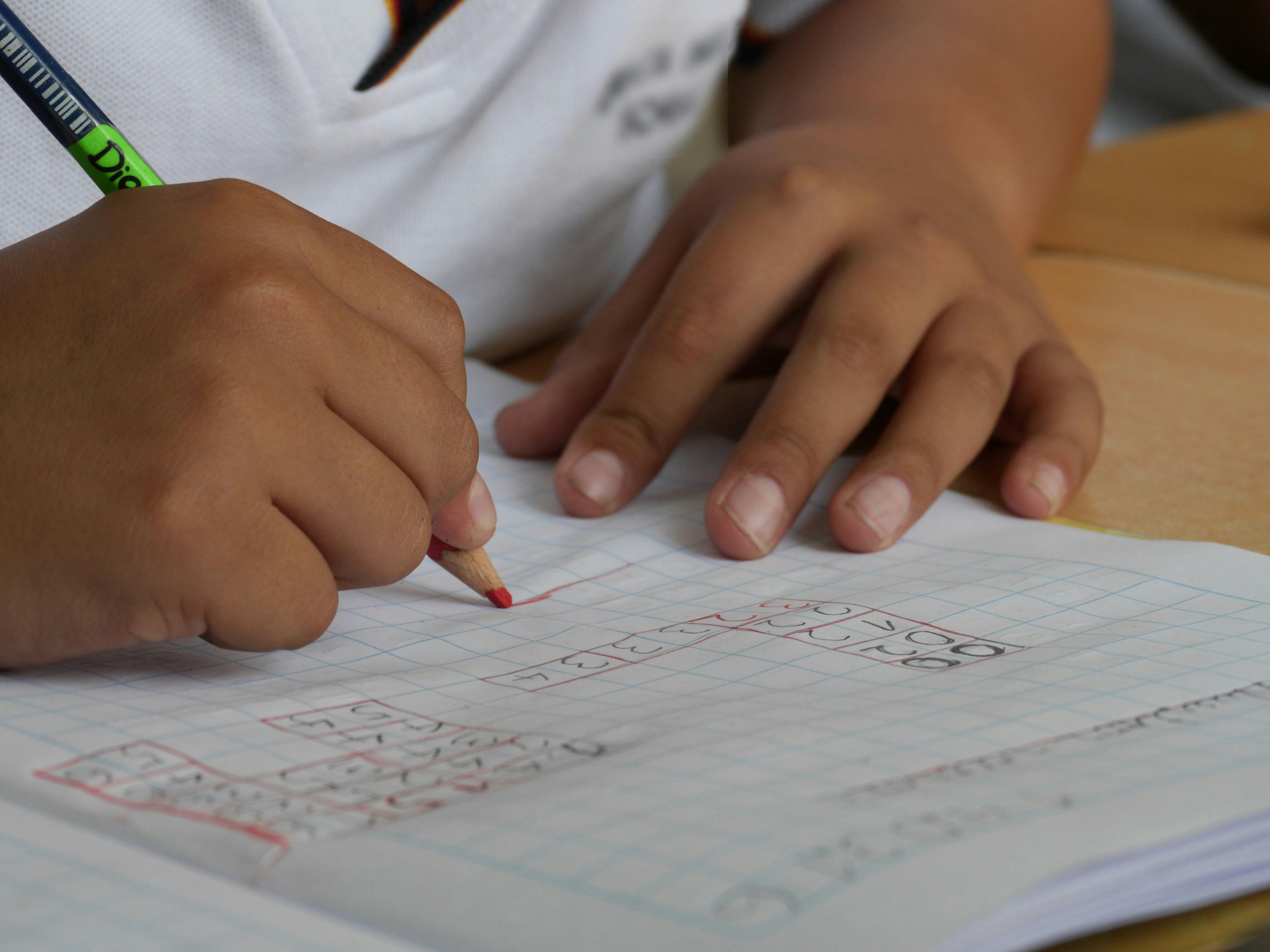Math Test Study Tips: Strategies for Success
Preparing for a math test can be daunting, but with the right strategies, you can boost your performance and walk into the exam room with confidence. Whether you’re preparing for a high school math exam or a college-level assessment, effective study methods are key. In this article, we will explore practical math test study tips, discuss common challenges, and provide advanced strategies to help you succeed.

Understanding the Fundamentals
Before diving into complex problems, it’s crucial to have a solid understanding of the basics. Mastering foundational concepts forms the backbone of successful math test preparation. Whether it’s algebra, geometry, or calculus, every advanced topic is built upon simpler principles.
The fundamentals involve core topics like equations, functions, and problem-solving techniques. Strengthening these skills will help you tackle more challenging questions with ease. A clear grasp of the basics is often the difference between passing and excelling in your math exam.
1.1 The Importance of Algebra
Algebra is one of the most critical areas of mathematics. It involves solving equations and understanding variables, which are central to many higher-level math concepts. Whether you’re solving for x or simplifying expressions, algebra serves as the foundation for much of your math test preparation.
For instance, knowing how to manipulate equations efficiently can make solving word problems much easier. It’s essential to practice solving equations and working with inequalities to build fluency in algebra.
1.2 Mastering Geometry Principles
Geometry often requires a different way of thinking compared to algebra. It involves understanding shapes, angles, and the properties of space. From calculating the area of a triangle to understanding the Pythagorean theorem, geometry tests your ability to visualize and apply math concepts.
Studying geometry means familiarizing yourself with key formulas and practicing problem-solving in different contexts. Working with diagrams and practicing proofs will improve your ability to solve geometry-related math problems.
Practical Implementation Guide
Once you understand the core principles of mathematics, it’s time to apply them effectively. In this section, we’ll explore actionable steps to help you prepare for your math test. From practice problems to study schedules, implementing the right strategies can make a huge difference in your test performance.

2.1 Actionable Steps
- Step 1: Create a Study Plan – Plan your study sessions in advance. Break down the material into manageable chunks and set specific goals for each session.
- Step 2: Practice Regularly – Practice is crucial for mastering math concepts. Work through a variety of problems, focusing on your weak areas.
- Step 3: Use Study Aids – Utilize textbooks, online resources, or apps that offer math practice problems and solutions to enhance your learning.
2.2 Overcoming Challenges
Every student faces obstacles when preparing for a math test. The key is to identify common problems and find effective solutions.
- Challenge 1: Feeling overwhelmed – Break down your study material into smaller sections and tackle one topic at a time.
- Challenge 2: Struggling with certain concepts – Don’t hesitate to seek help from a teacher, tutor, or study group for additional clarification.
- Challenge 3: Time management – Stick to your study schedule and make sure to balance practice with rest. It’s important not to overwork yourself before the exam.
By following these strategies and maintaining a positive mindset, you’ll be prepared to face your math test with confidence.
Advanced Applications
Once you have a solid grasp of the fundamentals and have implemented effective study strategies, it’s time to take your preparation to the next level. Advanced math test preparation involves more specialized techniques and an in-depth understanding of how to apply your knowledge in complex situations.

3.1 Using Math Software for Practice
Mathematical software like MATLAB, Wolfram Alpha, or even graphing calculators can be incredibly helpful in preparing for advanced tests. These tools allow you to visualize problems and experiment with different methods of solving them. Using these technologies can give you insights that traditional paper-based methods cannot offer.
For example, graphing software can help you better understand functions and their properties, which is useful for calculus and trigonometry. Additionally, it allows for quicker trial and error in problem-solving, enhancing your ability to handle time-sensitive questions.
3.2 Exploring Advanced Problem-Solving Strategies
At the advanced level, you’ll often be tasked with solving complex word problems or applying several math concepts simultaneously. To prepare for these kinds of questions, practice multi-step problems that combine algebra, geometry, and even basic calculus concepts.
Advanced techniques include solving problems using different approaches, such as substitution or elimination in systems of equations, or applying integration and differentiation for calculus problems. The key is practice and familiarity with a wide range of problem types.
Future Outlook
The world of math education is evolving, with emerging trends in digital learning tools and interactive study platforms. As technology continues to advance, students will have even more resources at their fingertips to aid in their test preparation.
In the next few years, we can expect more integration of artificial intelligence in tutoring platforms, providing personalized feedback and learning paths tailored to each student’s progress. These innovations will make math test preparation even more efficient and effective, helping students stay ahead of the curve.
Conclusion
In conclusion, mastering math test study tips can significantly improve your performance on exams. By understanding the fundamentals, applying practical study techniques, and exploring advanced strategies, you can prepare effectively and confidently face your next math test.
Remember, consistency is key. Keep practicing, stick to your study plan, and use the resources available to you. Your hard work will pay off on exam day!
Frequently Asked Questions
- Q: How do I get started with math test preparation? Start by reviewing basic concepts, creating a study schedule, and practicing regularly. Use resources like textbooks and online practice platforms.
- Q: How much time should I dedicate to studying for a math test? Aim for at least 1-2 hours of focused study per day in the weeks leading up to your test. Adjust based on your familiarity with the material.
- Q: How can I reduce anxiety before my math test? Take deep breaths, stay organized, and trust your preparation. Consider practicing relaxation techniques or meditation before the test.
- Q: Are there any effective apps for math test preparation? Yes, apps like Wolfram Alpha, Photomath, and Khan Academy can help you practice problems and understand difficult concepts.
- Q: What are the benefits of using graphing calculators? Graphing calculators help you visualize functions and solve complex equations quickly. They are especially helpful for higher-level math exams.
- Q: How difficult is it to master advanced math techniques? It depends on your background. With consistent practice and understanding of foundational concepts, you can gradually master advanced techniques.
- Q: Can these study tips be applied to other subjects? Yes, many of the strategies used in math preparation, such as time management and practice, are applicable to other academic subjects.
